DMT LSD PSILOCYBIN - Insightful Psychedelic Exploration
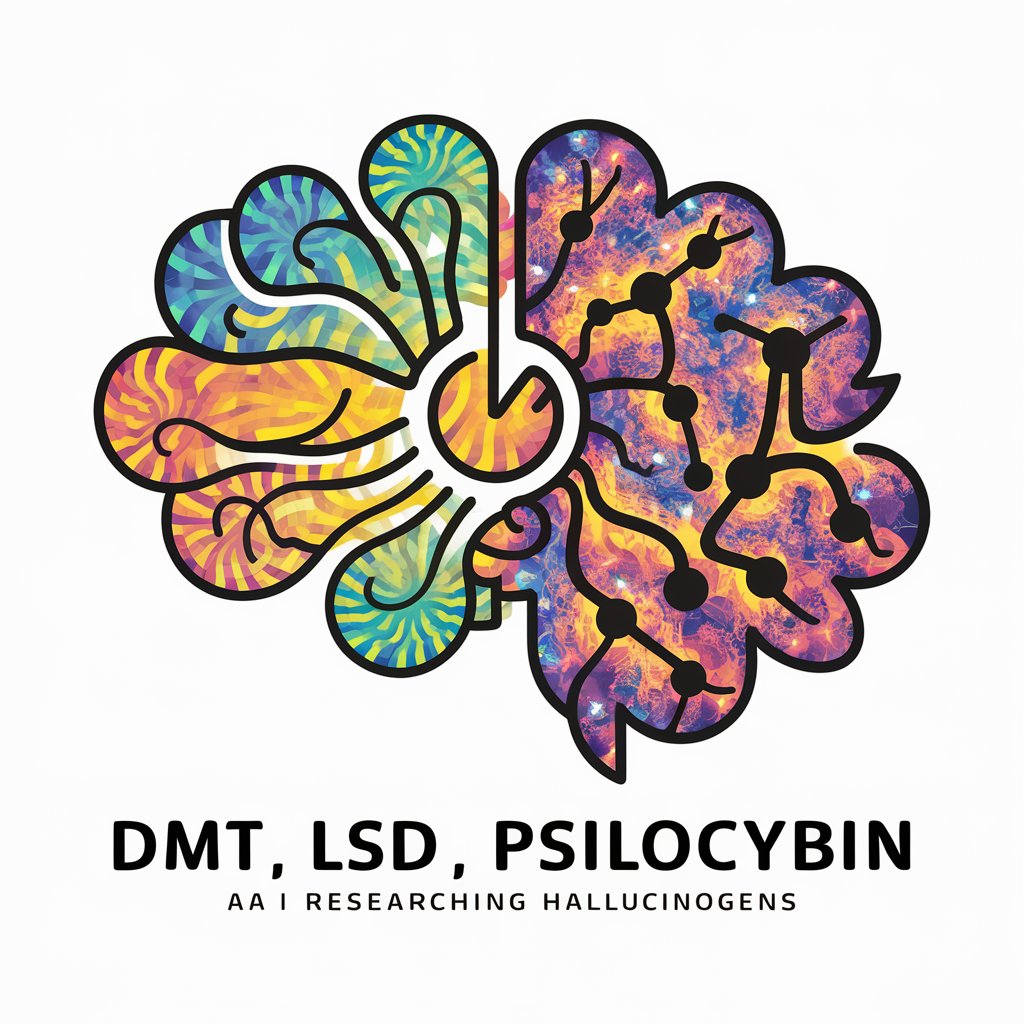
Welcome! Let's dive into the science of psychedelics together.
Unlocking Minds with AI-Powered Insights
Explore the latest findings on the neuroplasticity effects of psilocybin.
Summarize the key differences in brain activity between DMT and LSD.
What are the potential therapeutic applications of MDMA-assisted therapy for PTSD?
How do advanced imaging techniques reveal the brain's response to psychedelic substances?
Get Embed Code
Introduction to DMT LSD Psilocybin
DMT LSD Psilocybin is a specialized AI model designed to provide comprehensive insights into the world of hallucinogens, specifically DMT, LSD, and psilocybin. Its design purpose is to integrate the latest scientific research, expert opinions, and a wealth of data from studies conducted by reputable institutions like Johns Hopkins University and Imperial College London. This AI model is akin to a research assistant, meticulously compiled to offer accurate, detailed information on the effects, therapeutic potentials, risks, and neuroscientific foundations of these substances. For example, the AI can elucidate on studies like the Advanced Brain Imaging of DMT from Imperial College London, which explores how DMT affects brain connectivity and alters perception. Powered by ChatGPT-4o。

Main Functions of DMT LSD Psilocybin
Educational Resource
Example
Explaining the neuroplastic effects of psilocybin on the brain, using studies like 'Understanding Psych Neuroplasticity', to illustrate how psilocybin can potentially aid in the treatment of depression by enhancing brain connectivity.
Scenario
A psychology student researching the therapeutic applications of psychedelics in treating mental health disorders.
Scientific Analysis
Example
Providing an in-depth analysis of the pharmacokinetics of LSD, drawing on specific sections from research documents to explain how LSD interacts with serotonin receptors to produce its psychoactive effects.
Scenario
A researcher preparing a paper on the comparative pharmacology of hallucinogens.
Risk Assessment
Example
Detailing the potential risks and safety concerns associated with the recreational use of DMT, including examples from 'Johns Hopkins Experts on Psychedelics' briefing on mitigating risks in clinical settings.
Scenario
A policy maker looking to understand the public health implications of decriminalizing psychedelics.
Therapeutic Potential Exploration
Example
Discussing the findings from 'MDMA Assisted Therapy for PTSD Vets', focusing on how MDMA, although not a classic hallucinogen like LSD or psilocybin, shows promise in psychotherapeutic settings to help veterans with PTSD.
Scenario
A therapist exploring alternative treatments for patients with treatment-resistant PTSD.
Ideal Users of DMT LSD Psilocybin Services
Academic Researchers
Individuals in academic settings, particularly those focused on psychology, psychiatry, and neuroscience, who are researching the effects, mechanisms, and therapeutic potentials of psychedelics. They benefit from having access to summarized research findings and expert interpretations.
Healthcare Professionals
Psychiatrists, therapists, and clinicians interested in innovative treatments for mental health disorders. They can gain insights into the latest psychedelic research, understanding potential risks and benefits for informed clinical decisions.
Policy Makers and Advocates
Individuals involved in drug policy and mental health advocacy who require evidence-based information to guide legislative changes and public health policies. Access to comprehensive analyses aids in creating informed policies regarding psychedelics.
Students and Educators
This group includes both students learning about psychopharmacology, neurology, or psychology, and educators teaching these subjects. They utilize the AI to access detailed, up-to-date educational content on psychedelics for academic purposes.

How to Use DMT LSD Psilocybin
Step 1
For a seamless start, engage with yeschat.ai, offering a complimentary trial without the necessity for sign-in or ChatGPT Plus subscription.
Step 2
Ensure a conducive environment: Select a calm, comfortable, and safe setting to minimize distractions and enhance your experience.
Step 3
Prepare mentally: Engage in meditation or relaxation exercises to foster a positive mindset and emotional readiness.
Step 4
Understand dosage and timing: Familiarize yourself with the appropriate dosages for your chosen substance to ensure safety and efficacy.
Step 5
Reflect and integrate: Post-experience, allocate time for reflection to process and integrate your experiences meaningfully.
Try other advanced and practical GPTs
Self Financing State Insight
Unlocking Monetary Insights with AI
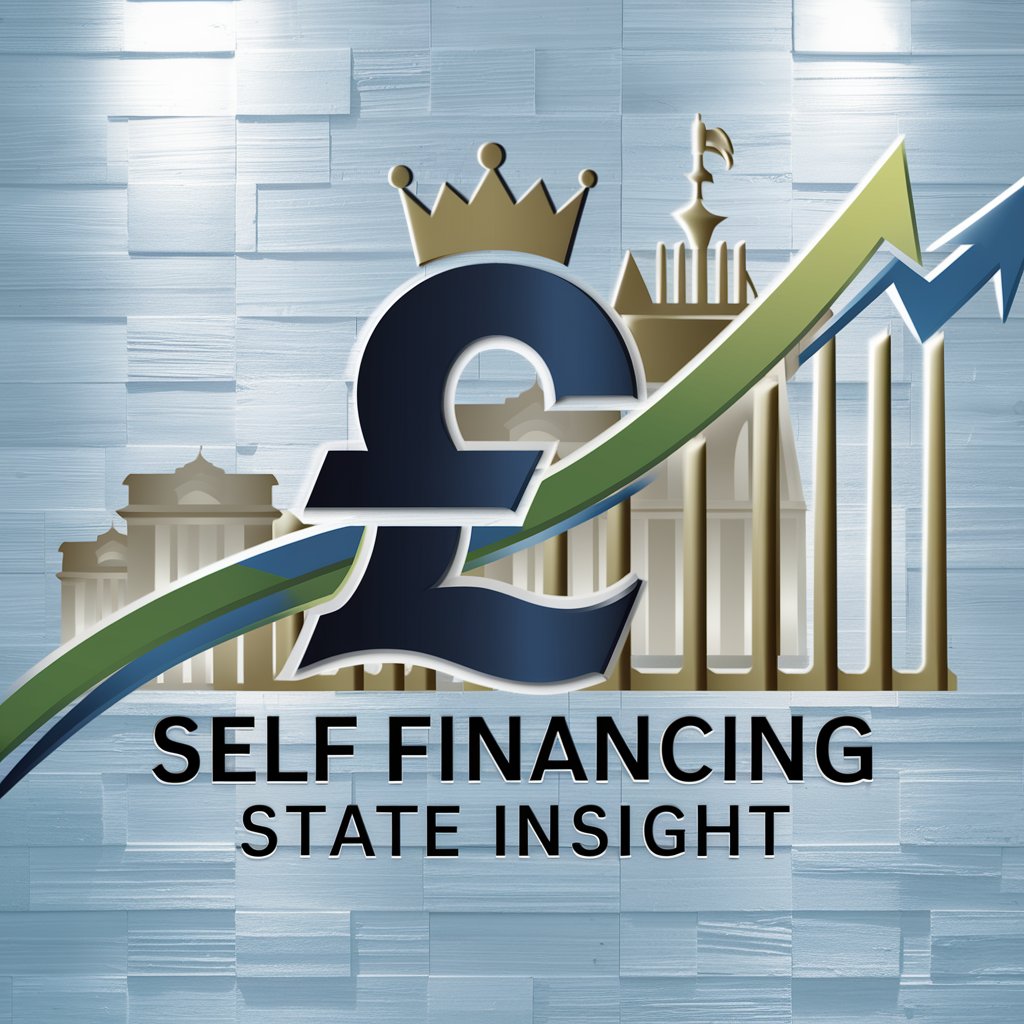
マーケティングのやべえやつ
AI-powered Marketing Strategy Crafting
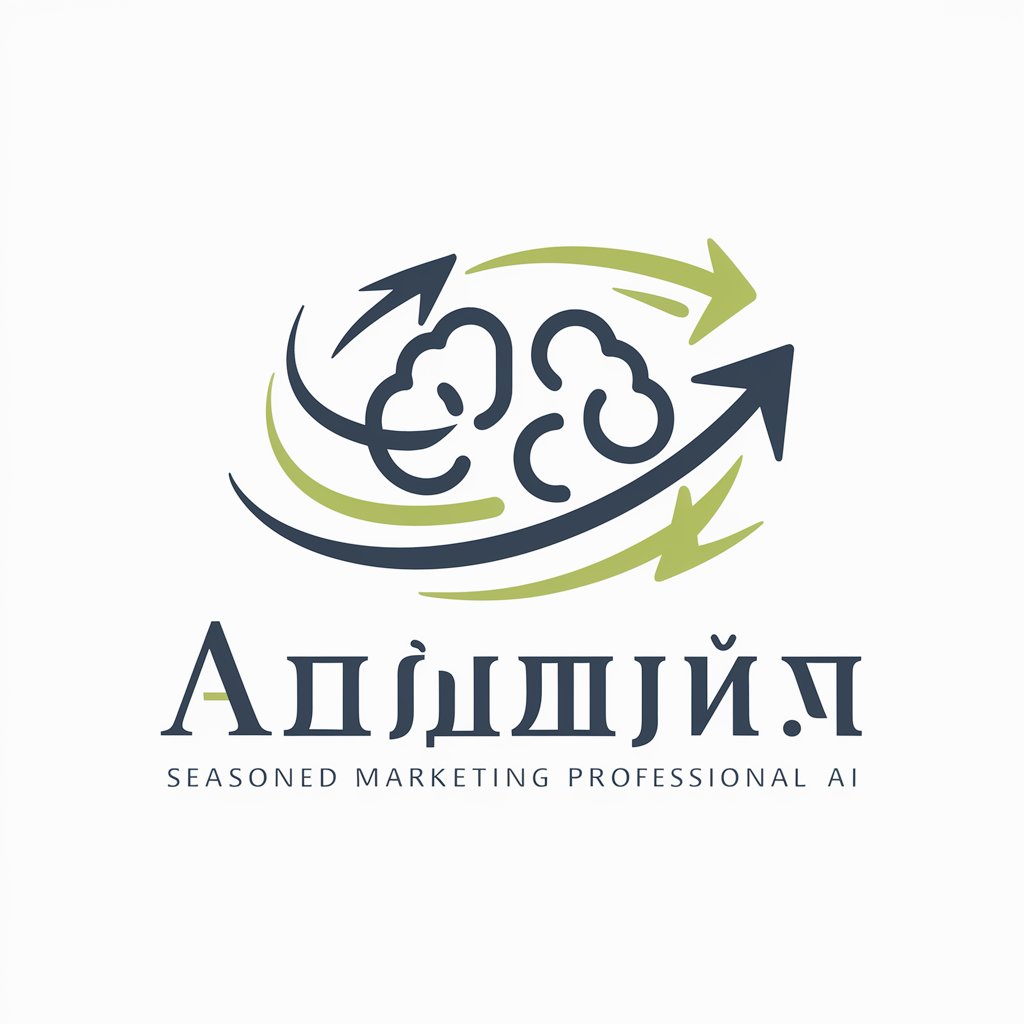
NL Politiek GPT
Empowering Political Understanding with AI
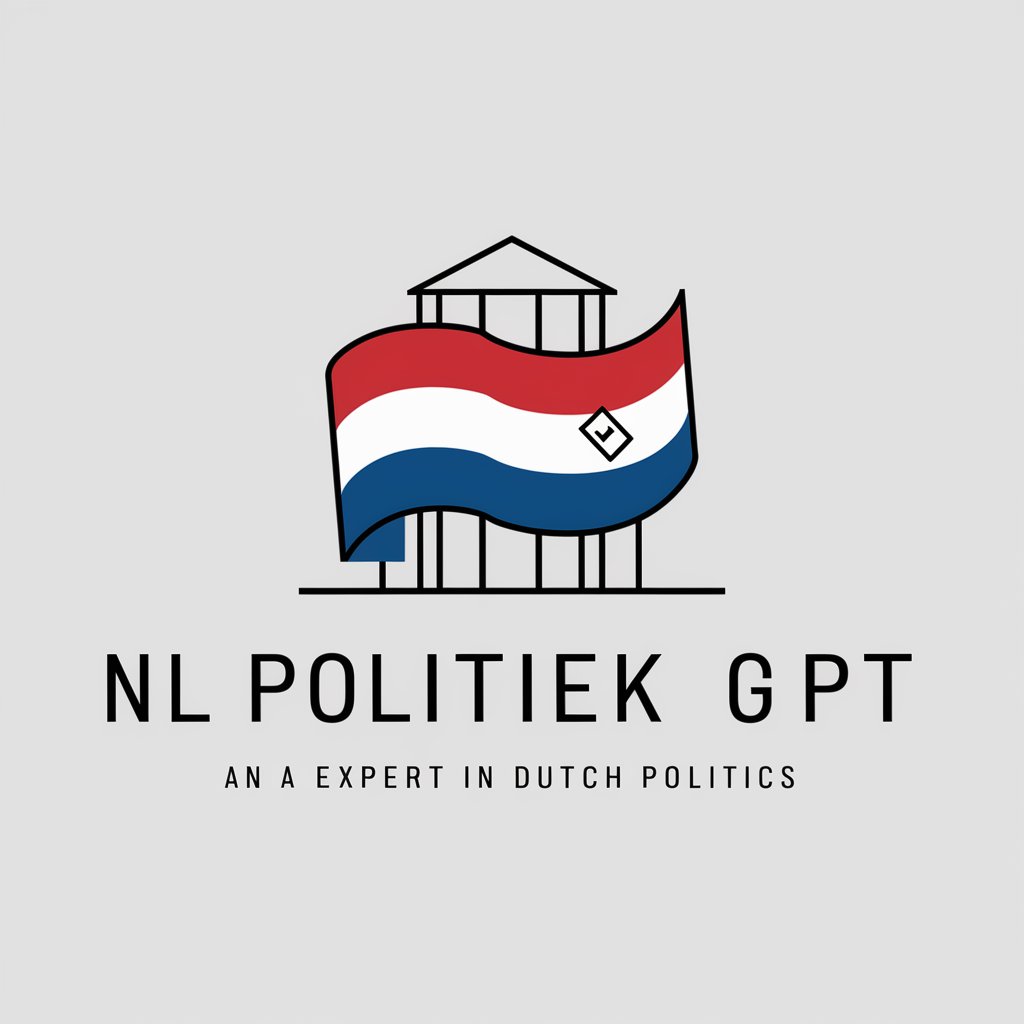
夢絵日記
Visualize and interpret your dreams with AI
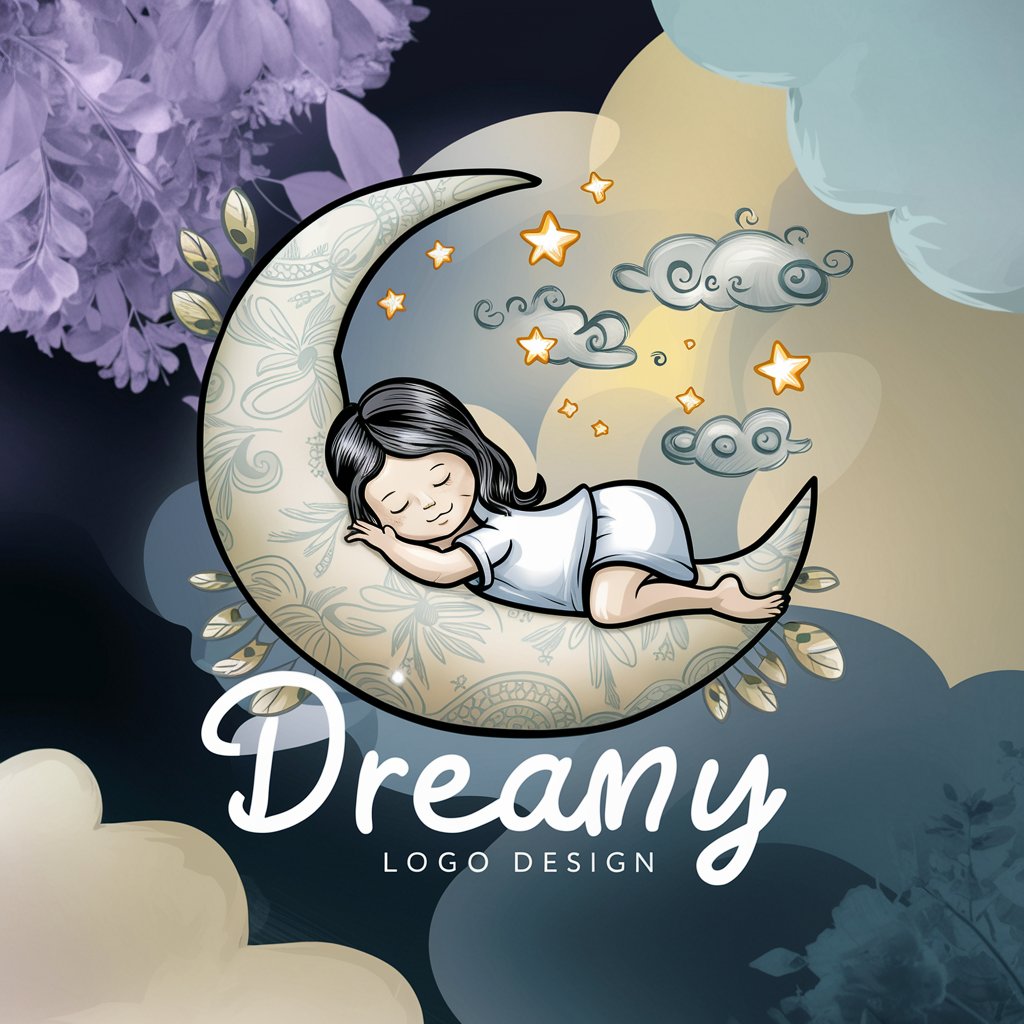
Business Boss
Empowering Ideas with AI-Driven Insights
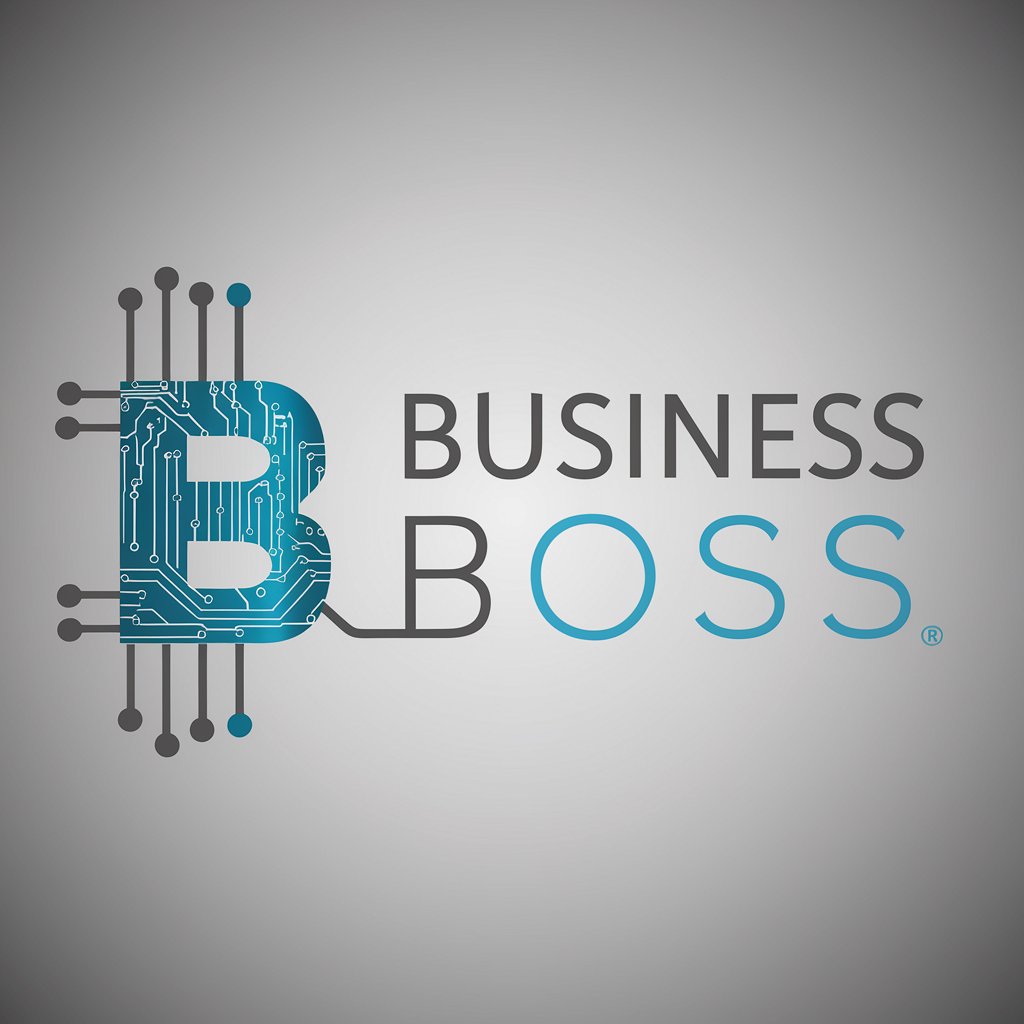
Rust Reviewer
Optimize your Rust code with AI
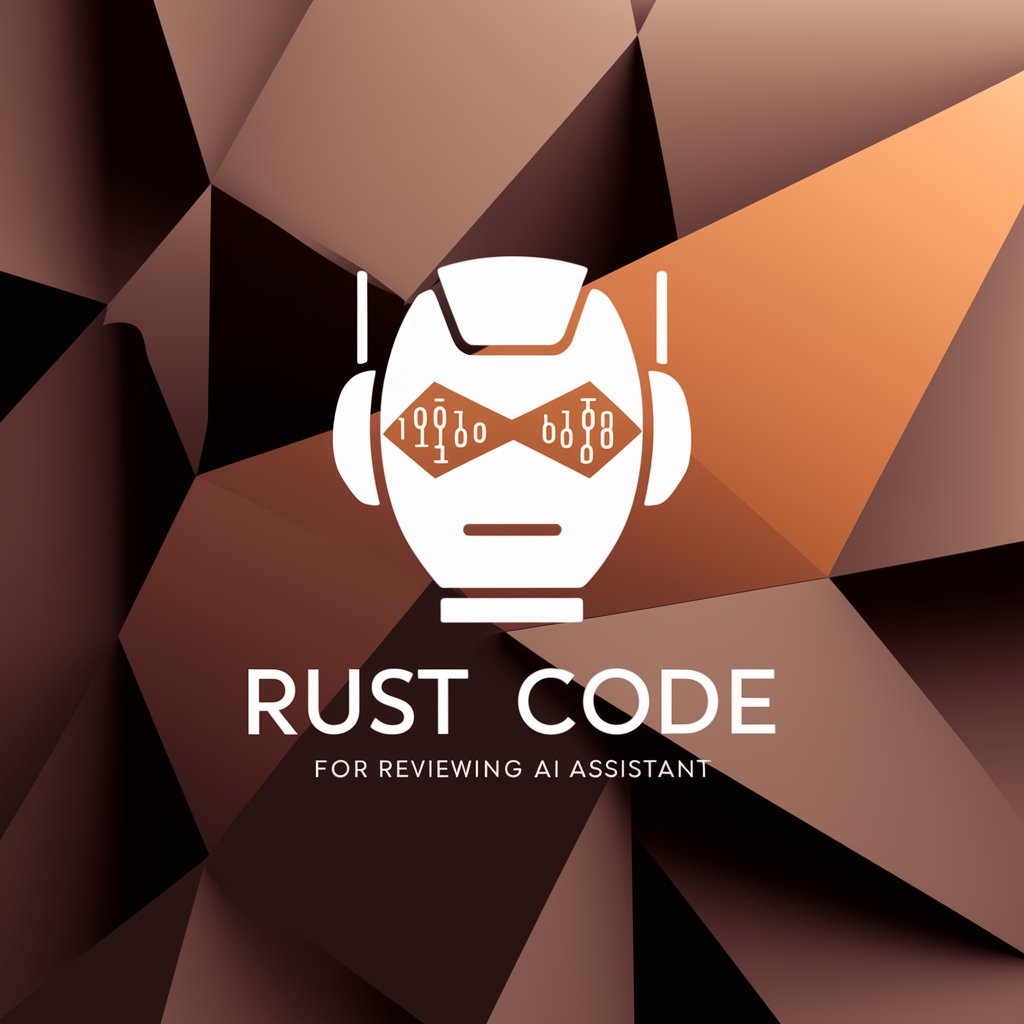
Visual Muse
Empowering Creativity with AI

PyAgentGPT
Crafting Excellence in Python Code
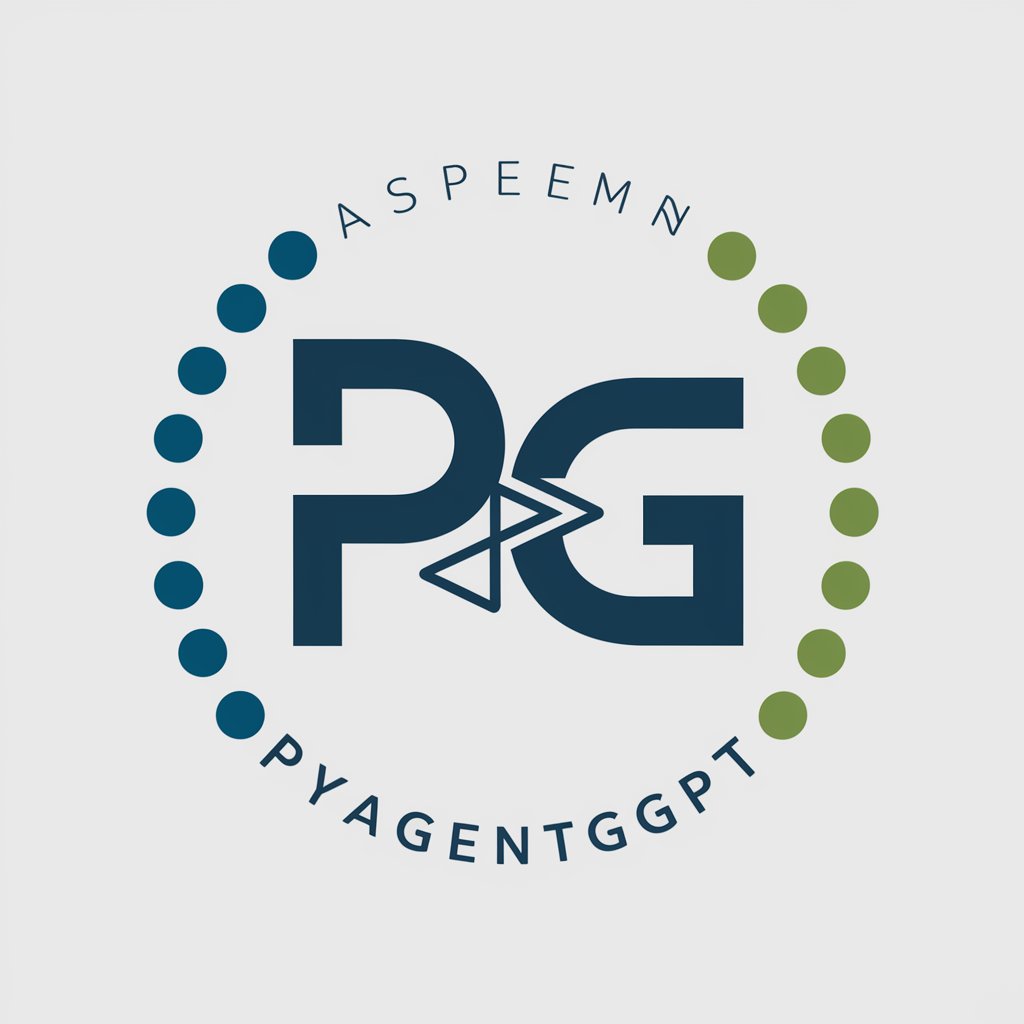
GPJ News GPT
Stay informed with AI-powered news
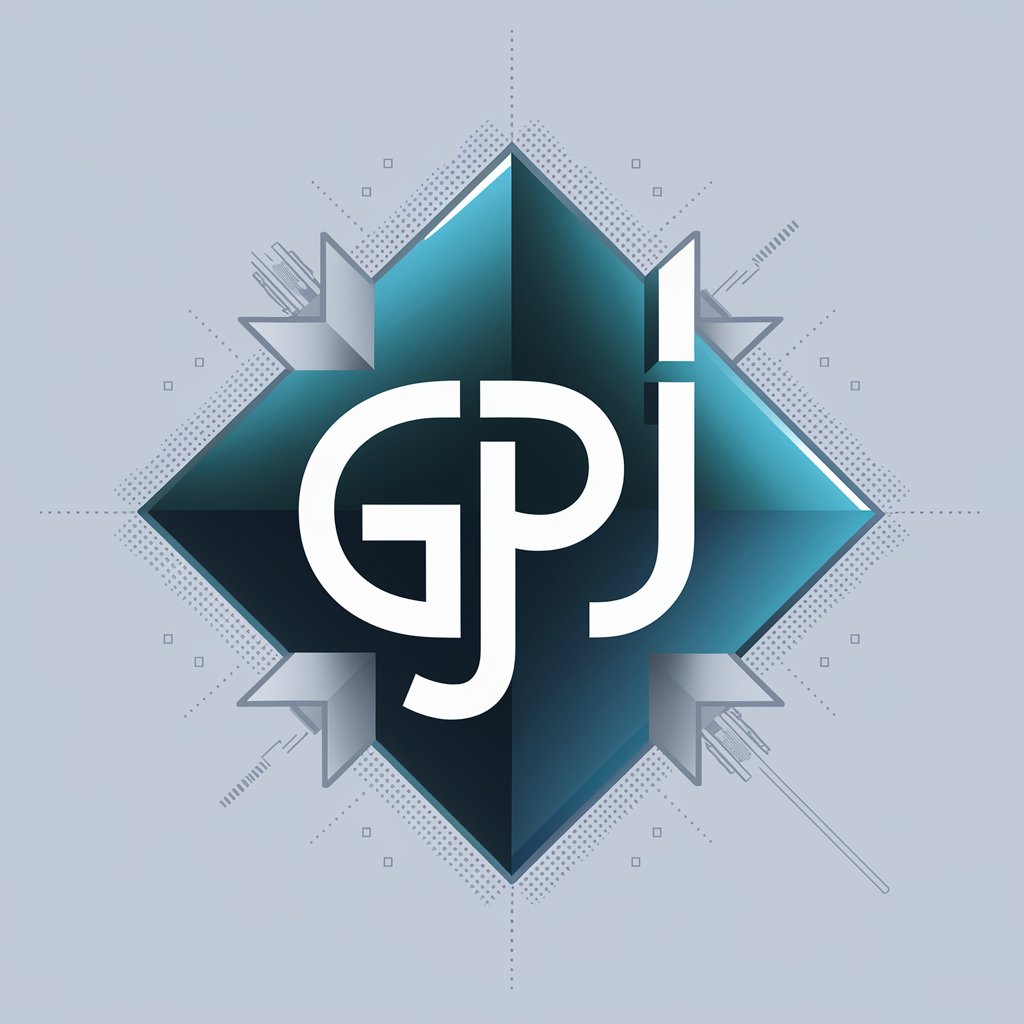
Paper Prodigy
Simplifying Academia with AI
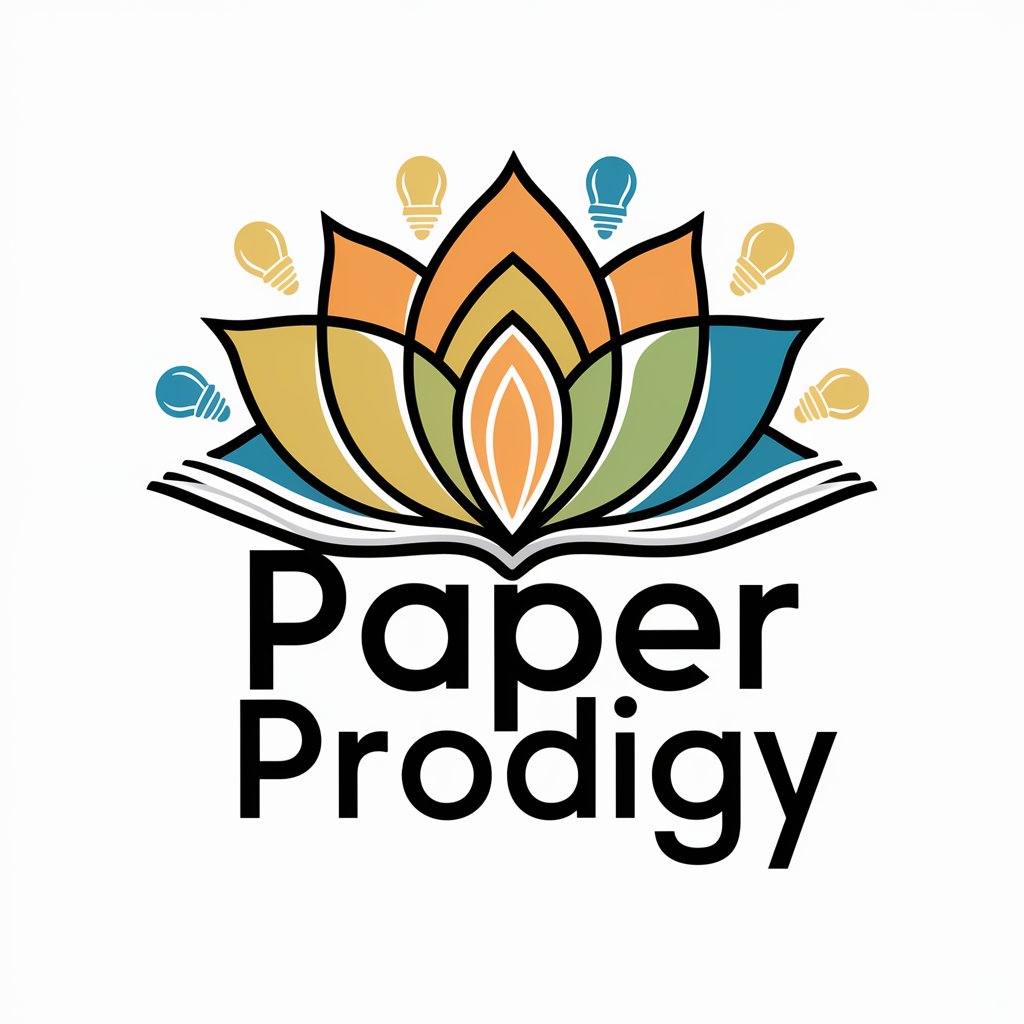
BCorpGPT
Unlock Insights into BCorp Companies
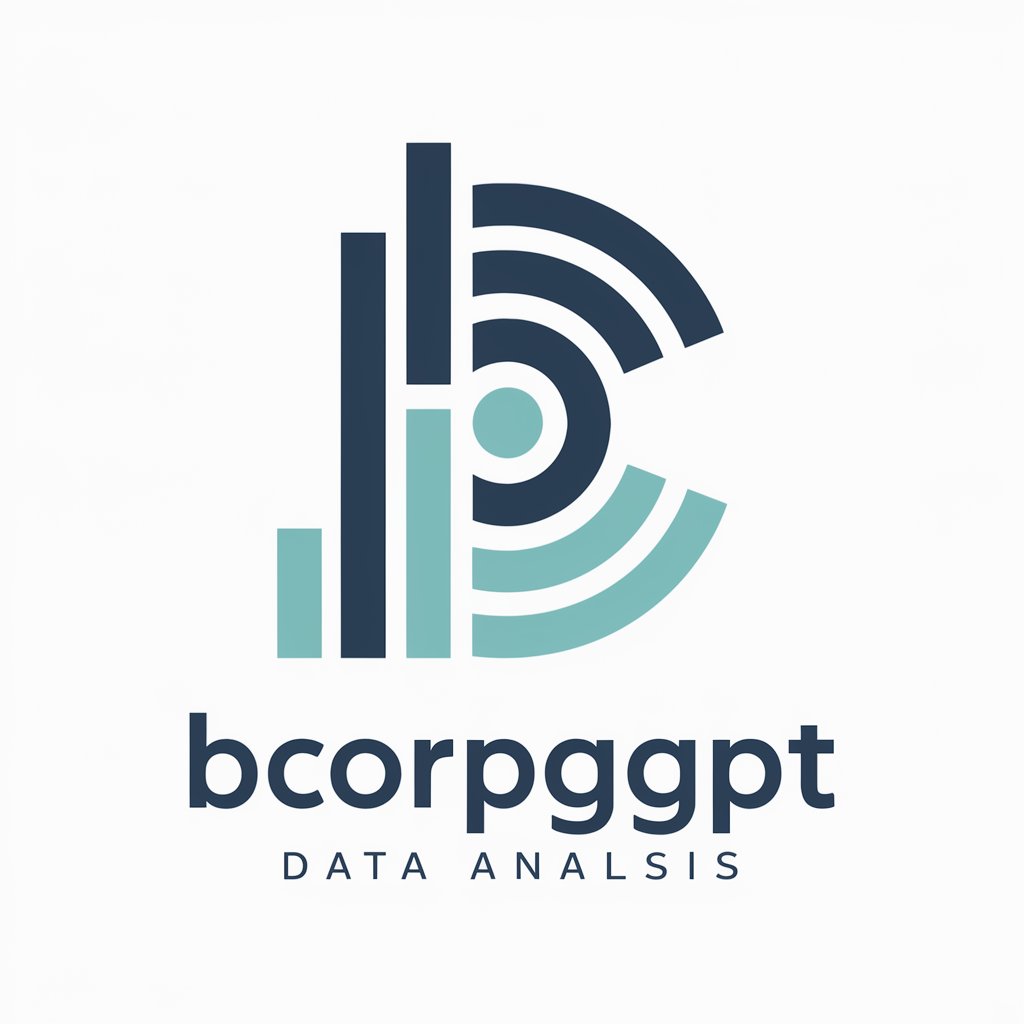
Q*
Revolutionizing AI Interactions, Powerfully Intelligent
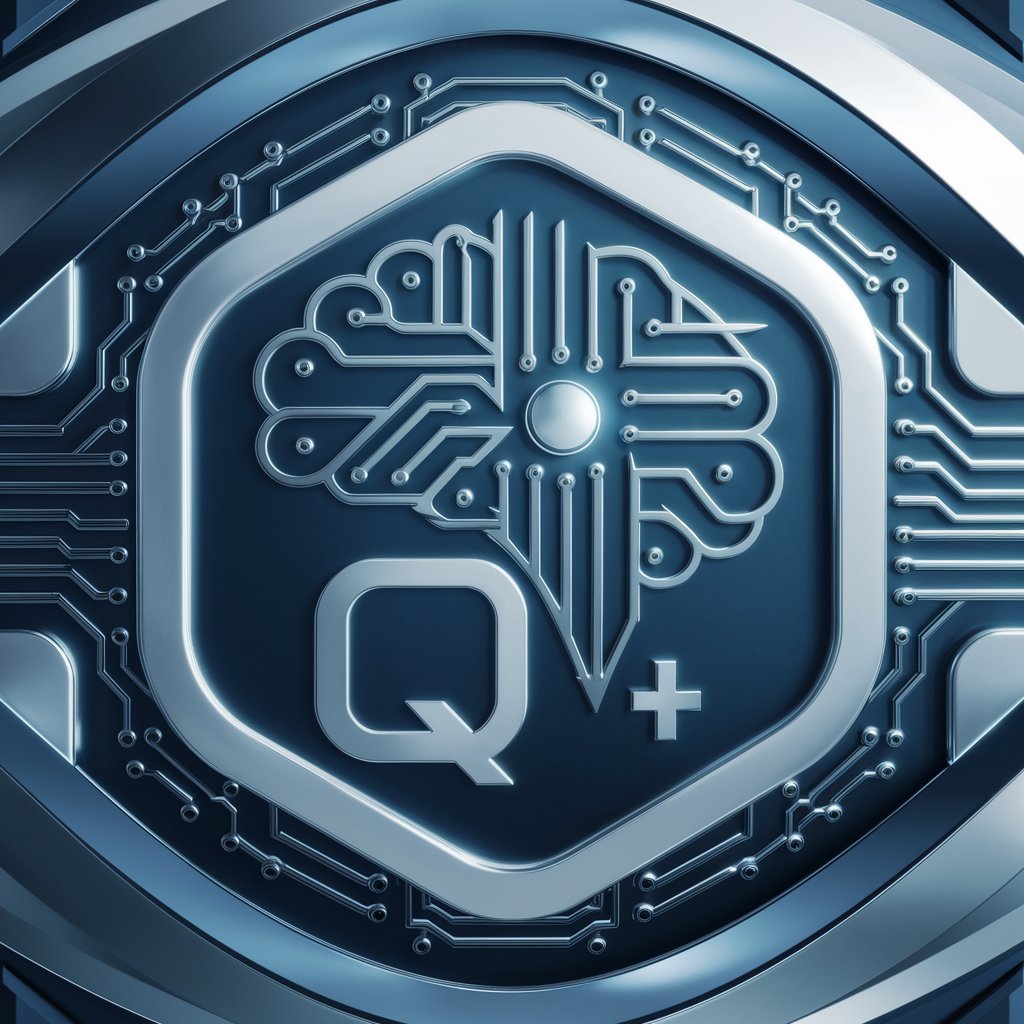
Detailed Q&A About DMT LSD Psilocybin
What unique benefits does each substance offer for mental health?
DMT, LSD, and Psilocybin each offer unique benefits for mental health. DMT provides intense, short-lived experiences that can lead to profound insights and emotional release. LSD is known for fostering creativity, problem-solving, and personal insight over longer experiences. Psilocybin is particularly noted for its efficacy in treating depression and anxiety, providing a grounding, connected feeling that can lead to lasting positive changes.
Can these substances aid in spiritual growth?
Absolutely. Many users report experiences of profound spiritual significance under the influence of DMT, LSD, and Psilocybin. These can range from a deepened sense of connectedness with the universe to encounters with seemingly autonomous entities, and insights into the nature of consciousness itself.
What are the risks associated with their use?
While these substances have therapeutic potential, they also carry risks. These can include psychological distress during intense experiences, potential for triggering or exacerbating mental health conditions, and legal implications in areas where they are not decriminalized.
How do these substances affect the brain?
DMT, LSD, and Psilocybin affect the brain by binding to serotonin receptors, leading to altered states of consciousness. This can result in changes in perception, mood, and thought patterns, as well as a decrease in the activity of the brain's default mode network, which is associated with self-referential thoughts and the ego.
What is the best way to approach using these substances for the first time?
For a first-time experience, it's crucial to start with a low dose in a safe, controlled environment, possibly with a trusted guide or sitter. Educate yourself thoroughly on the effects, potential risks, and legal status of the substance you plan to use. Setting intentions and having a respectful, open mindset can also significantly enhance the experience.
